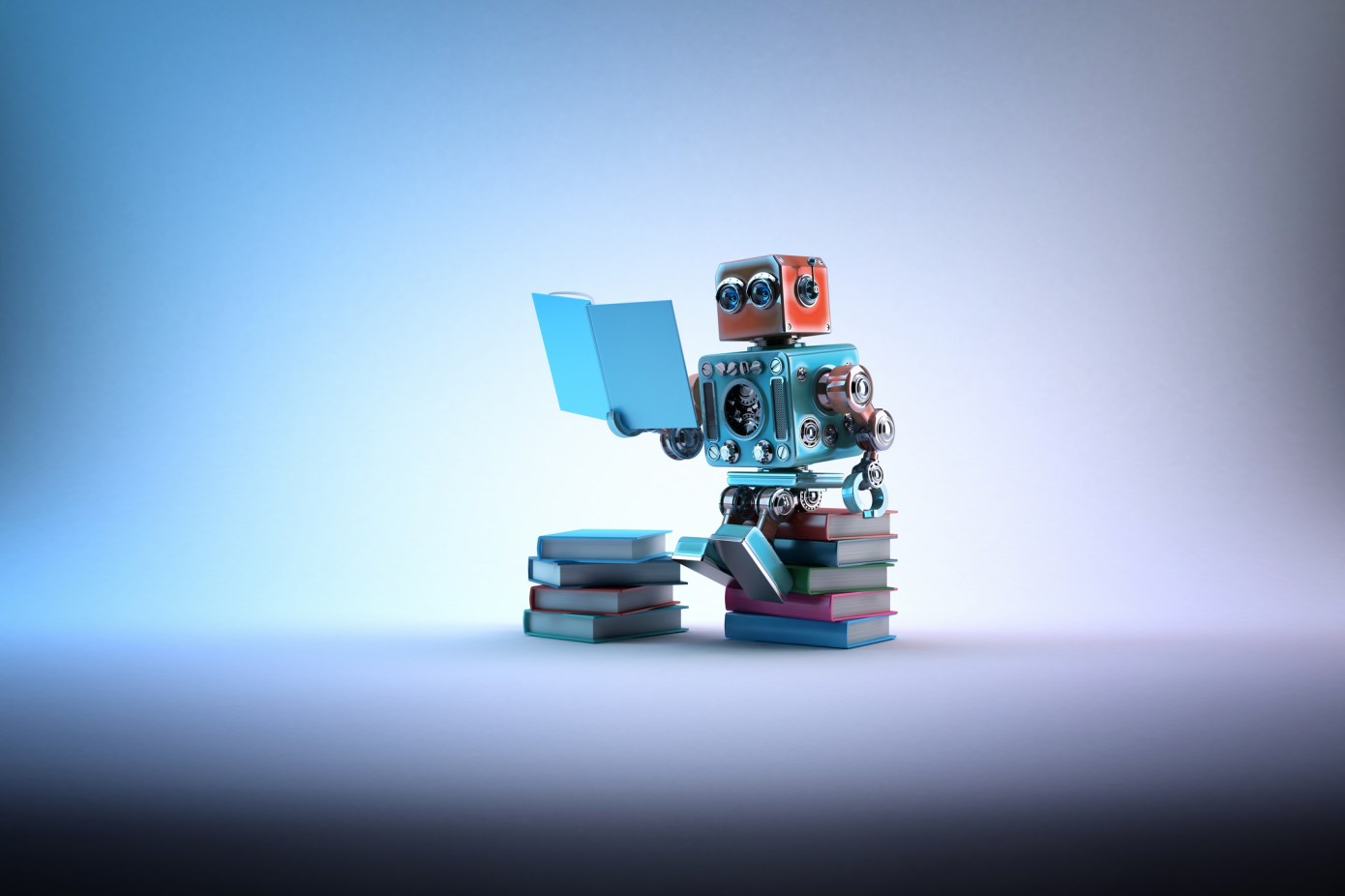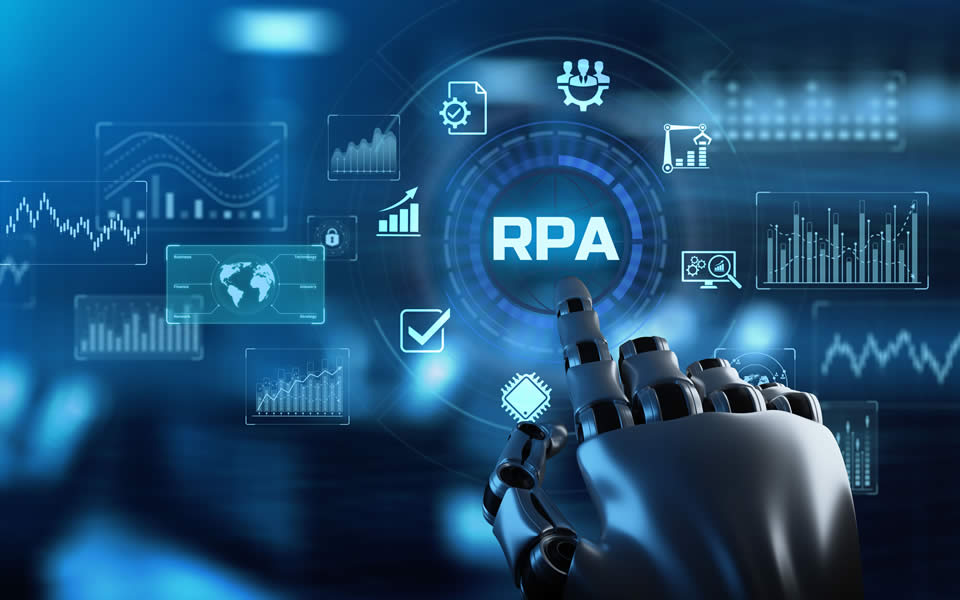
The future of enterprise automation appears to be evolving toward agents, driven by the power of generative AI, according to industry insiders and tech giants alike.
Although there isn’t a universally agreed-upon definition of agents, the term now commonly refers to AI-powered tools capable of executing intricate tasks with human-like interactions across various software and web platforms.
For instance, an agent could effortlessly create a travel itinerary by inputting a customer’s details into airline and hotel websites. Similarly, it could select the most cost-effective ride-hailing service by automatically comparing prices across different apps.
Recognizing this trend, major players in the tech industry are actively investing in agent technology. OpenAI, the creator of ChatGPT, is reportedly in the advanced stages of developing AI agent systems. Likewise, Google showcased a range of agent-like products at its recent Cloud Next conference.
According to analysts at Boston Consulting Group, companies should begin preparing for the widespread adoption of autonomous agents today. Experts estimate that autonomous agents will become mainstream within the next three to five years.
Unlike traditional robotic process automation (RPA), which relies on rigid preset rules for automated workflows, agents powered by generative AI offer greater flexibility and sophistication. While RPA excels at mimicking human actions such as clicking and typing, it struggles with complex tasks that require natural language processing or reasoning skills.
Despite its advantages, RPA is not without its challenges. Many organizations experience broken automation workflows on a regular basis, resulting in significant downtime and operational disruptions. Furthermore, building and maintaining RPA systems can be costly and labor-intensive.
In response to these challenges, RPA vendors are exploring ways to integrate generative AI into their platforms. UiPath, a leading player in the RPA market, recently introduced new generative AI features aimed at document and message processing. These features leverage generative AI models to automate tasks such as text completion, categorization, image detection, and language translation.
Similarly, Automation Anywhere, UiPath’s main competitor, has integrated generative AI-powered tools into its RPA technologies. These tools enable the creation of workflows from natural language, summarization of content, and adaptation to changes in applications.
Despite the potential of generative AI, experts caution against its limitations, including biases and hallucinations. However, they believe that with proper oversight, generative AI can enhance the capabilities of RPA platforms and unlock new possibilities for automation.
Looking ahead, RPA platforms are poised to evolve into comprehensive toolsets for automation, supporting a wide range of autonomous agents and generative AI technologies. By remaining open and flexible, these platforms can empower organizations to embrace the future of AI-driven automation and gain a competitive edge in the market.
